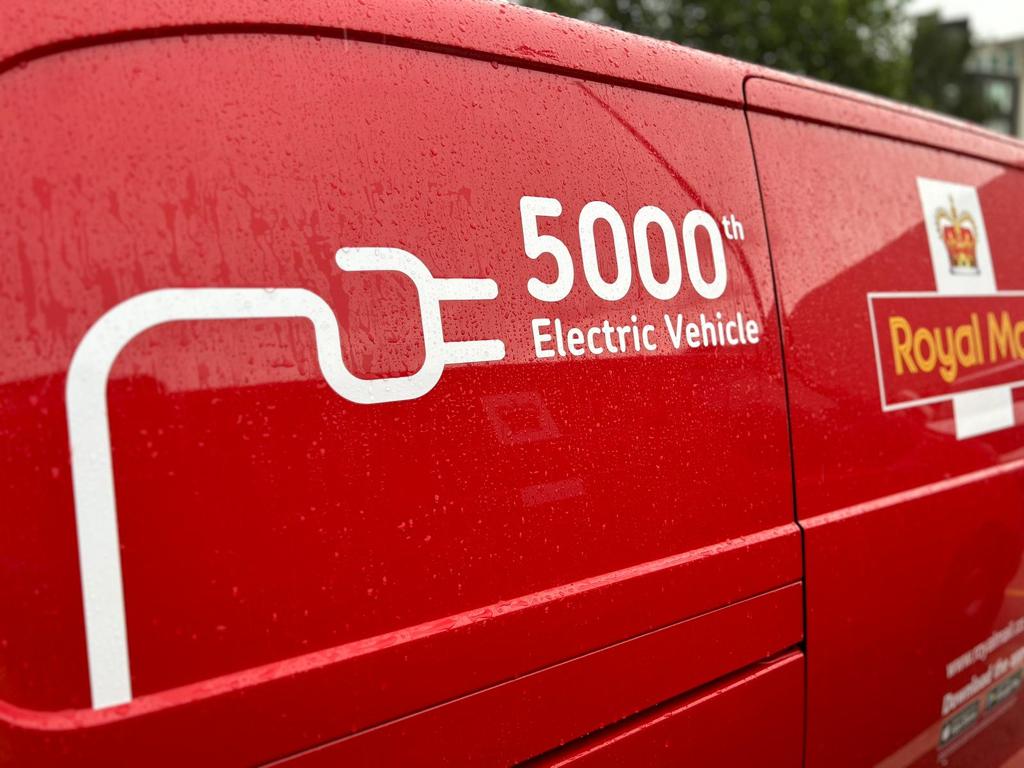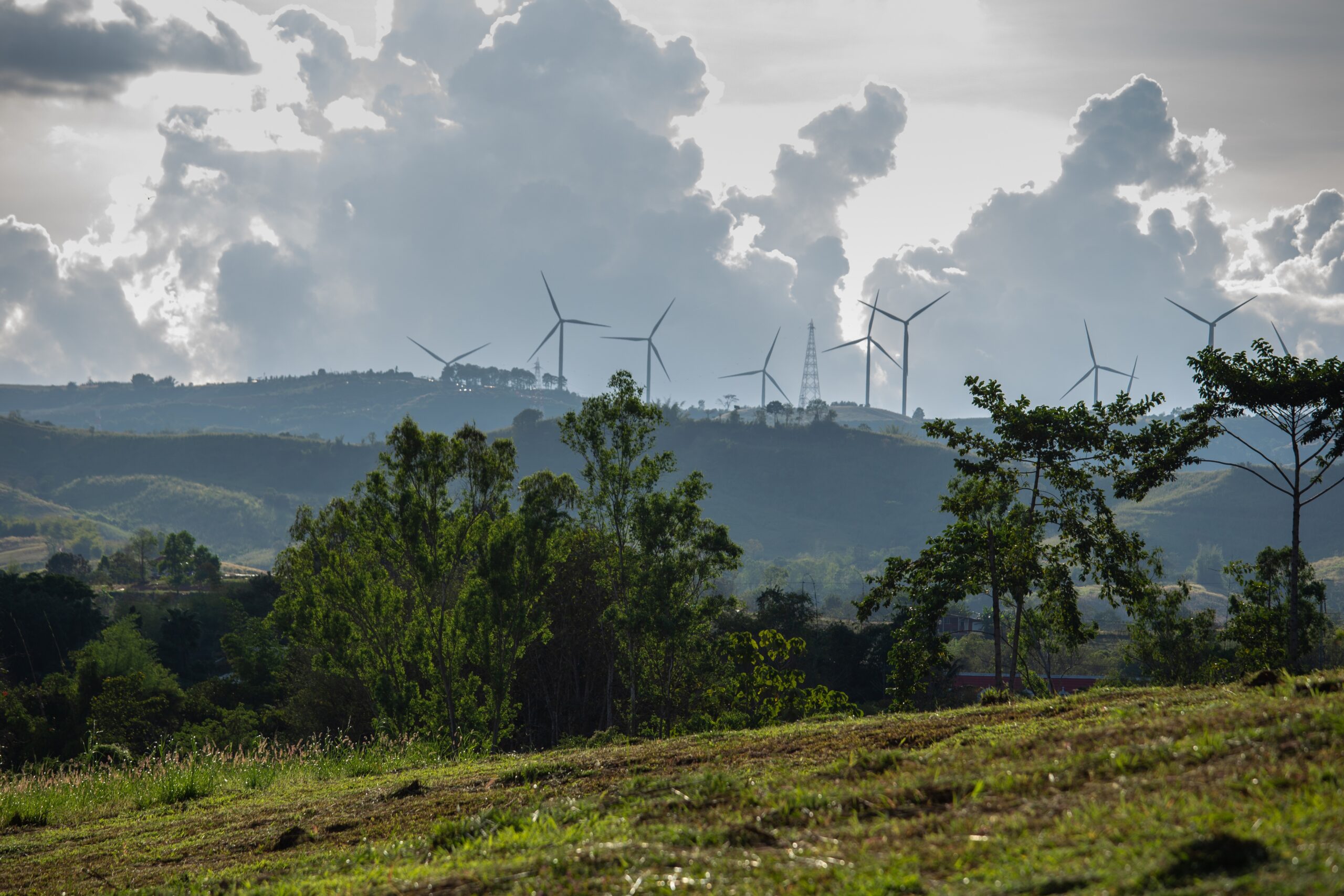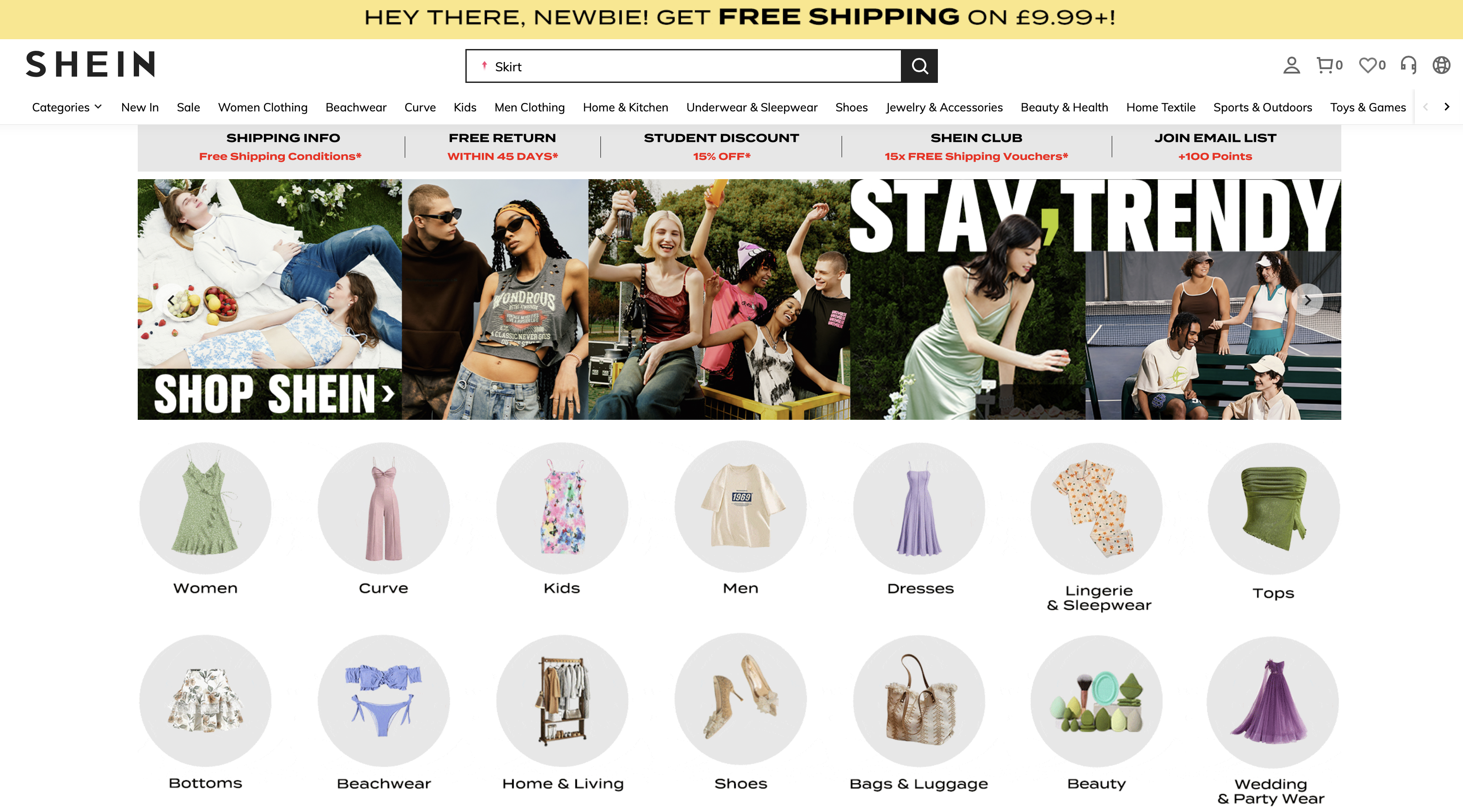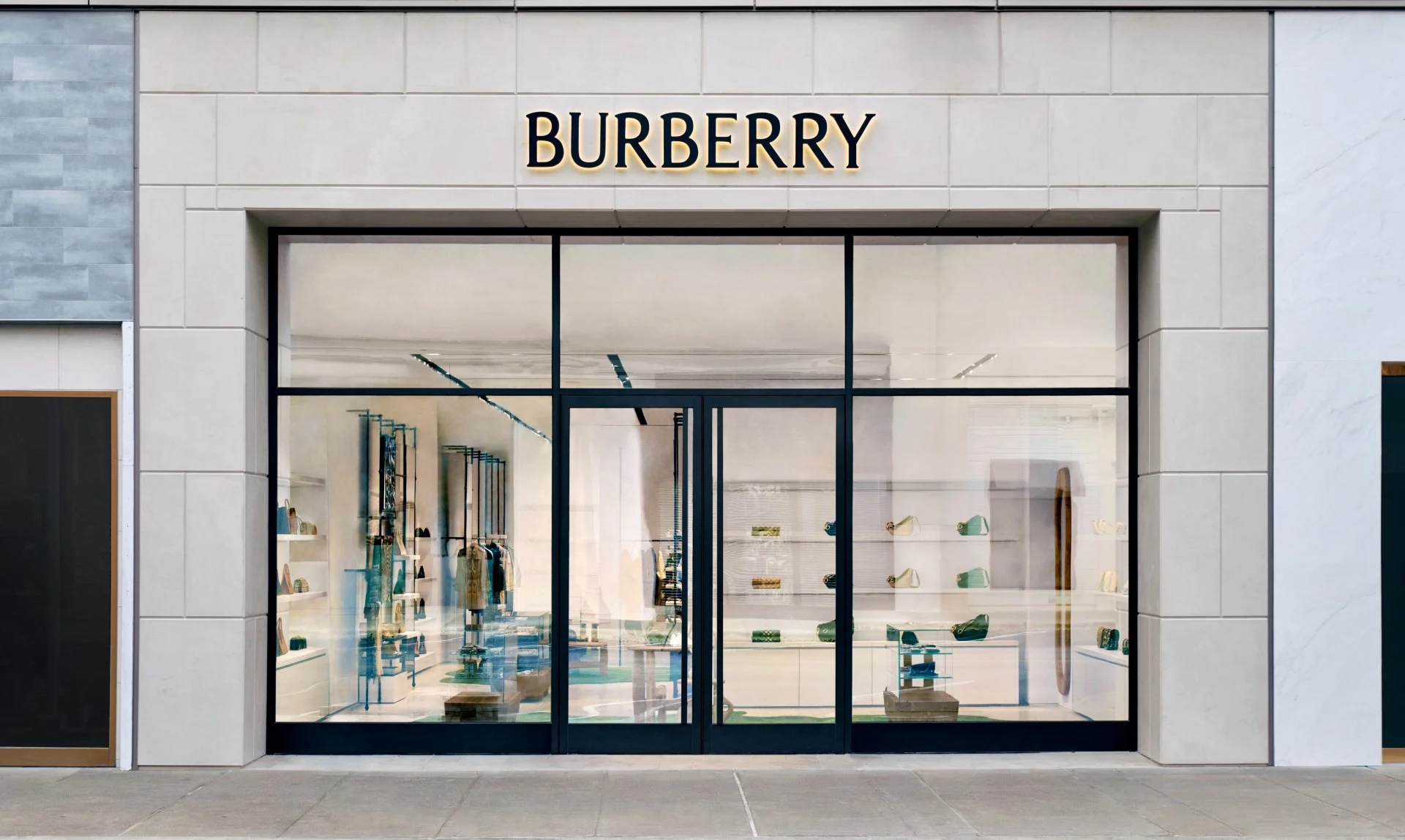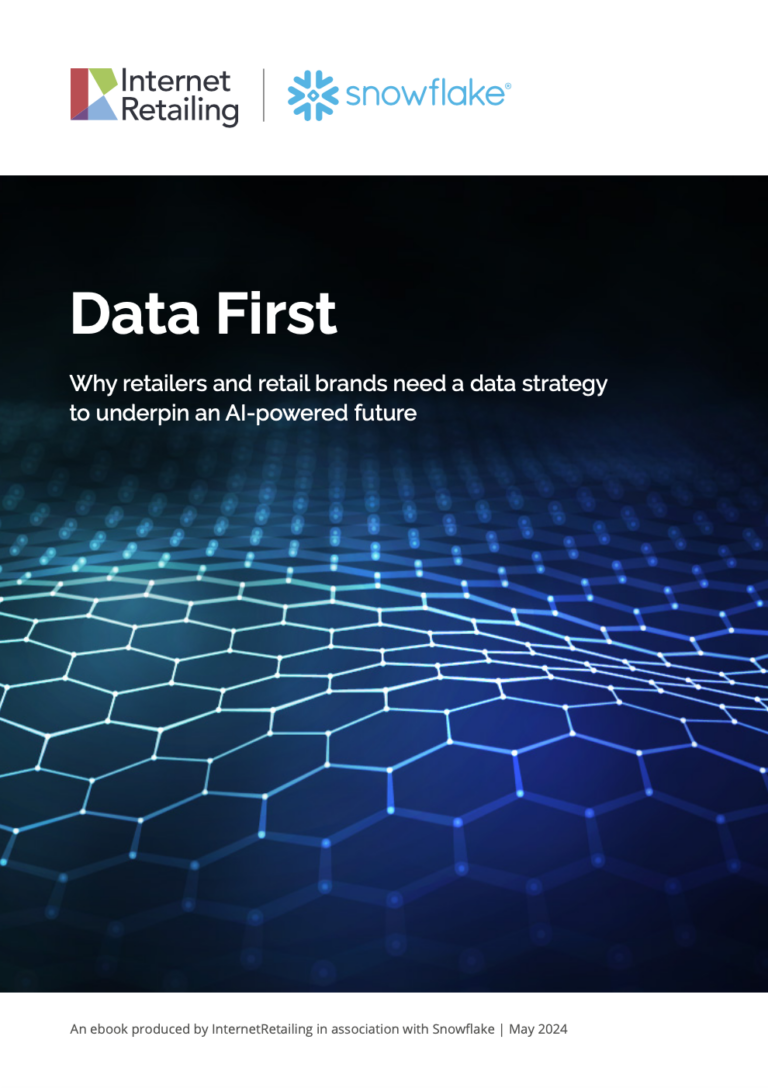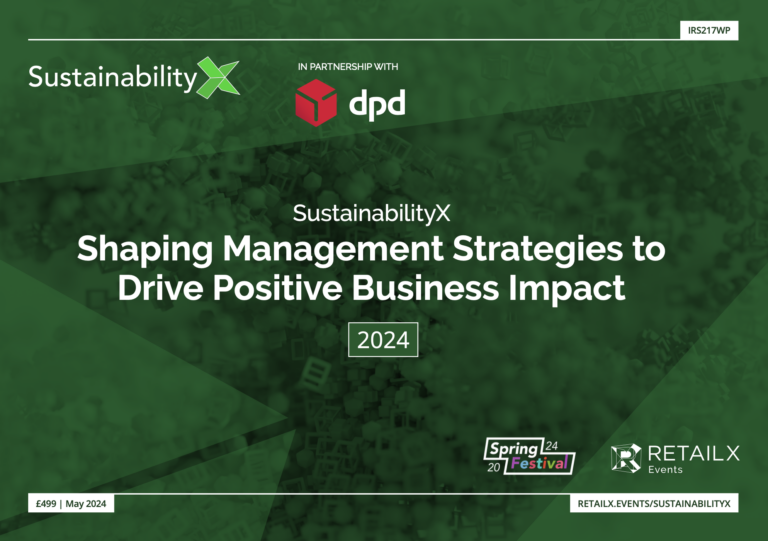Royal Mail has announced passing the milestone of 5,000 electric vehicles (EVs) across its delivery and collection fleet. The roll-out includes many cities where low emission zones are in force, including London, Bristol, Glasgow, Cambridge and Oxford.
The 5,000th EV was deployed at Sheffield City Delivery Office, where over 50 EVs on site are being used for delivery and collection functions.
Royal Mail reported that so far, over 160 delivery or collection units across the country have made the transition to move to either full or part electric deliveries and collections. The first site that went live with an all-electric fleet was Bristol in June 2021 with 22 all-electric units now operating. The latest site to make the switch to an all-electric fleet is Urmston Delivery Office with 19 electric vehicles on site.
Richard Sewell, Sheffield city customer office manager, Royal Mail, said: “It’s been great to have the opportunity to be leading the way in the rollout of Royal Mail’s new electric fleet and to have had the 5,000th vehicle delivered to Sheffield City DO.
“The new vans are becoming a familiar site on the streets of Sheffield and our posties are really excited about doing their bit to reduce air and noise pollution in the town. As a company, we pride ourselves with having the lowest reported CO2e emissions per parcel amongst major UK delivery companies and showcasing the way to achieving a more sustainable future for our fleet & our planet.”
Net-zero goals
Royal Mail is not the only parcel delivery service looking to switch from fossil-fuelled vehicles. Carriers and retailers alike have their own electrification goals. Consumer electrics retailer AO is trialling natural gas-operated trucks; the John Lewis Partnership is replacing its Home Services fleet with EVs as it pledges to move 4,000 cars, vans and light trucks to electric by 2030; while Sainsbury’s has introduced its first store to utilise a fully electric fleet.
Retailers across the UK have pledged to transition to sustainable delivery vehicles within the next decade – with a pending 2030 ban on the sale of new petrol and diesel vehicles looming – but could the on-going energy crisis, a lack of supporting infrastructure and the huge investment in technology needed put the brakes such green goals?
Cost pressures
It has been widely reported that retailers are facing rising costs, combined with limited consumer spending, making investment in electric fleets a challenge. A recent study by mobility specialists Bridgestone and Webfleet found more than three-quarters of fleet decision-makers are postponing their electrification plans, with a further 78% stating that it is cost pressures delaying plans for fleet technology adoption.
Switching existing fleets to electric vehicles does not come cheap. UK businesses were estimated to have spent £13.6bn on fleet electrification in 2022, according to Centrica Business Solutions.
Infrastructure investment
Buying, or renting, electric vehicles will be a priority to retailers but they of course also require the necessary charging infrastructure to support such EV roll-outs. There are a number of challenges here, from the space needed to grid capacity.
Furniture giant Ikea have taken charging infrastructure into their own hands, investing £4.5m in a nationwide electric charging infrastructure, which will provide charging points for electric delivery vehicles.
Ikea said its commitment to rolling out EV charging infrastructure would advance the UK government’s ambitions to achieve its legally binding targets of net zero carbon emissions by 2050. The investment from Ikea has been welcomed by the government.
Transport decarbonisation minister, Jesse Norman, said: “It is great to see Ikea investing heavily in EV charge points and decarbonising its vehicle fleet. This investment is the latest example of businesses and government working together to decarbonise all aspects of road transport, improve air quality and create healthier, buzzing communities.”

